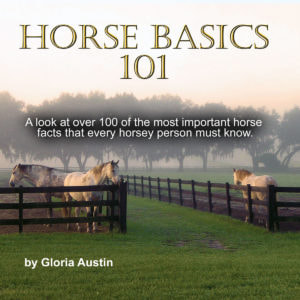 Buying a horse is an exciting adventure but can be overwhelming too! If this is your first venture into learning about horses, you will need to get educated on all things horse before you even begin your search and purchase process. Perhaps you already ride horses and have a fairly good grasp on the basics involved in horse ownership and now you have decided to buy a horse of your own; reviewing what you know and reaching out to learn even more will help you to make a wise decision. Well let’s saddle up and get ready to fulfill your dreams! GET EDUCATED First, read all you can about horses. The Equine Heritage Institute has a great book to get you started, Horse Basics 101. The book has over 100 of the most important horse facts that will get you started on your journey to becoming a horse owner. There are many magazines available to help educate you. Some are focused on disciplines like dressage or driving or trail riding. Some are focused on breeds of horses. Some concentrate on general horse care. There are magazines for almost every aspect of horse ownership. American Horse Publications is a good place to start to find publications. https://www.americanhorsepubs.org/ Contact the association(s) of the breeds that interest you .Most breed associations have web sites. Contact them! They are usually happy to promote their breed by sending you information or helping you find events and horses in your area. Find horse farms in your area that have open houses or call to arrange a visit. It is always best to call first; many are private farms that are not open to the public but may welcome a visit from a potential new horse owner. There are breeding farms and training farms and pleasure farms. It’s best to look at as many as possible to help you get an idea of what kind of horse you may want and what disciplines interest you. 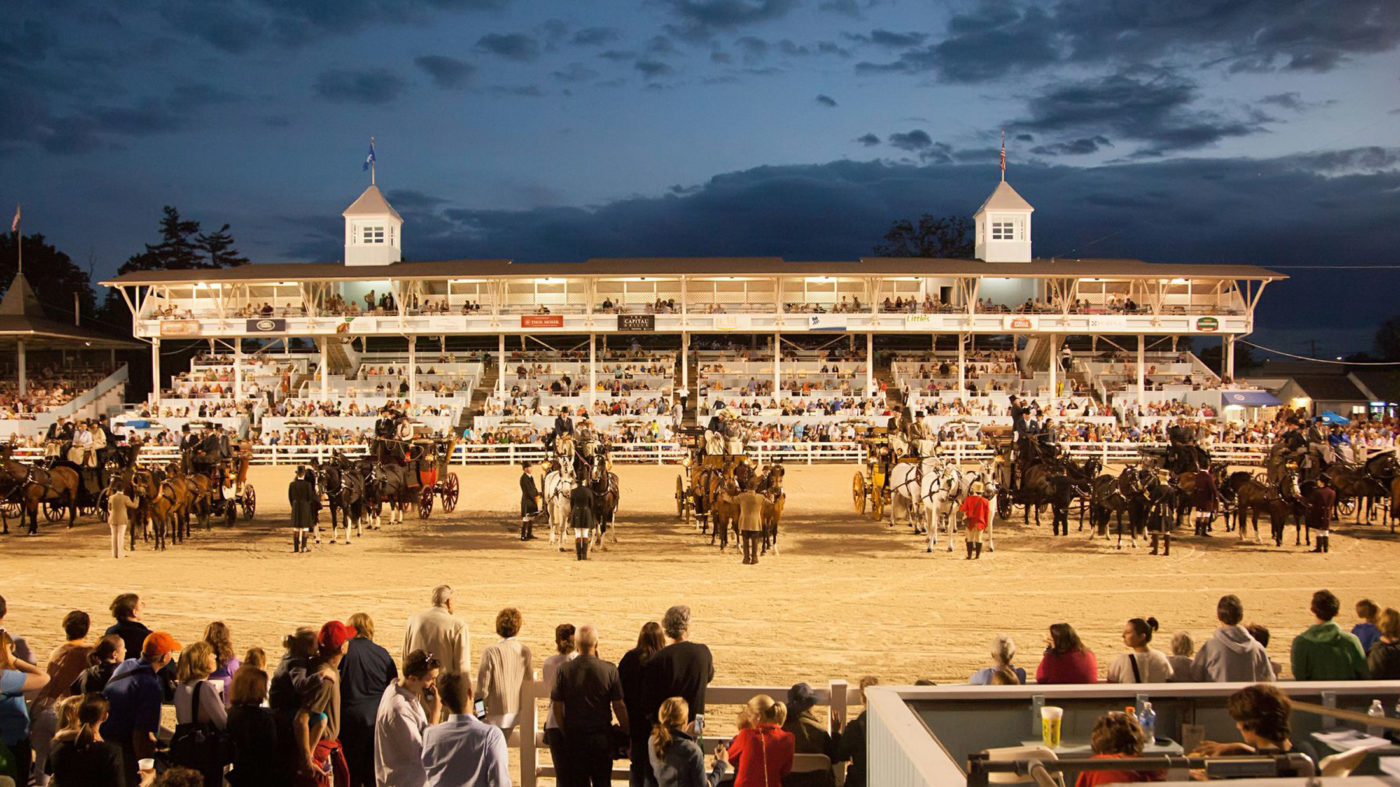 Going to horse shows is also a way to discover the many events available for horse owners in your area. Breed associations, 4-H clubs and training barns are good places to start to find events in your area. Many areas also publish a monthly local equine publication featuring information about all things horse related in the area. Go to horse expos. Many states have large expos once a year. These expos will have vendors and speakers and demonstrations. Attending an Expo is a great “one stop shopping” opportunity. 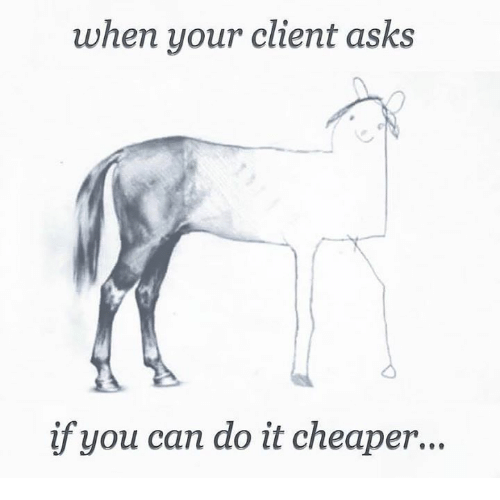 EXAMINE YOUR RESOURCES Will you be taking care of your horse at home or boarding your horse? If you ae going to keep the horse at home, do you know how to care for a horse and do you have the time to do that? Horses need care 365 days a year! If you are going to board the horse, how often will you be able to be with the horse? Buying the horse is just the beginning! Be sure you understand all of the other costs involved – feed, hay, farrier, vet, farm equipment and tack are just a few of the basics. When you visit farms, look around and become aware of all of the things involved in horse ownership. Sometimes it is best to take lessons first before buying a horse. This will help you to decide on the type of horse you want and the discipline you may want to pursue. Working as a groom or doing barn chores will help you to decide if this is really something you want to do and the skills you learn will come in handy if and when you do buy a horse. SELECTING THE RIGHT HORSE Temperament It’s important to match the temperament of the horse to that of the owner. Be sure to visit the horse several times before deciding. Just like people, horses have good days and bad days. Enlist the aid of a professional when you go to look at horses. Their experience will help to determine if the horse is a good match for you. Size Pony vs horse - small horse vs large horse. Small does not mean easier and big does not mean more difficult. Just like the color of the horse, size often does not matter. There are other things that are much more important. Children do not NEED to start on a pony; there are plenty of lovely horses well suited to children Age Young or green horses are not always best for first time owners but older horses may come with bad habits. Again, getting the assistance of a professional who can ride the horse to try it out and knows your abilities is always a good idea. If the horse does need more training, can you afford that? Good training takes a long time but also can be very rewarding with the right help. Gender It’s true that geldings, as opposed to mares, are usually the same 365 days a year but many people do prefer mares for various reasons. The gender of your horse really is a personal preference. Bottom line is, you need to get along with the horse’s temperament. If a horse does not live up to its potential for you, that does not mean, “oh well, I can use it for breeding.” Only the best stock should be used to breed; leave breeding to the breeders! Suitability for a Discipline Do you want to cut cows with your horse or do you want to jump your horse or drive your horse? Chances are the same horse will not do each discipline equally well. You may want to decide what you want to do and find a horse suited for that discipline. That does not mean you can’t do several different disciplines with your horse; it’s just more likely that the horse will excel at only 1 or maybe 2 disciplines. Some breeds are known for their versatility. If you want to do several different disciplines, choose a breed that is known to be versatile but again, that horse will most likely not excel at every discipline you try – but you will have fun 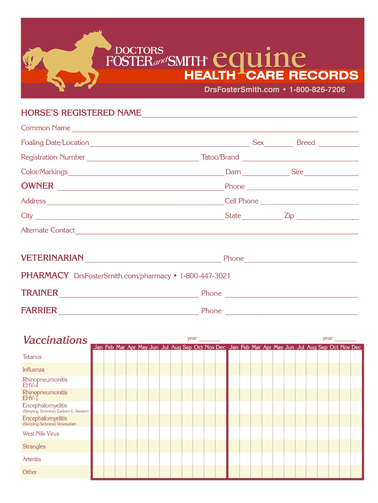 COMMUNICATE WITH THE SELLER Pictures and Videos The internet certainly makes finding horses much easier. Pictures and videos can help a buyer to narrow down the hunt for a horse. But remember, pictures and videos are only a moment in time; you need to actually see the horse in person to help make a good decision. Ask Questions Caveat Emptor -it’s the buyer’s responsibility to ask the questions. No question is a dumb one! Be sure to be honest with the seller about your abilities, expectations, plans and finances. Only look at what you can afford and be sure to keep in mind the cost of any additional training the horse may need. Records Be sure to ask for detailed records. Most owners will have health records that include deworming, vaccinations, x-rays and more. Training records are important to ask about too. Who trained the horse? When? For What? For how long? You can also ask for show records. But don’t make the mistake of buying a horse because he/she is a “winning” horse. Not all wins are equal. Sometimes a horse will become a winner with a new owner but never won with the current owner and the opposite can be true too. Most importantly, keep in mind that winning isn’t everything! Horse Habits Be sure to ask if the horse has any stable vices like cribbing or weaving; some vices never show up while you are looking at the horse so you need to ask. Ask questions about daily handling of the horse. If you can’t do 24-hour turnout and that is what the horse is used to, it could change the horse’s behavior. Ask if the horse is compatible with other horses…after all, horses are like potato chips and sometimes you can’t have just one so your herd may grow! Riding When you go to try the horse be part of getting the horse ready; this is an important part of really seeing the nature of the horse. Ask questions about the horse’s habits and general disposition as you are getting the horse ready. Have the owner ride the horse first and, if you brought a trainer, be sure that he/she also rides the horse; they should know what will be a good match for you and, knowing your abilities, can coach you when you try the horse. 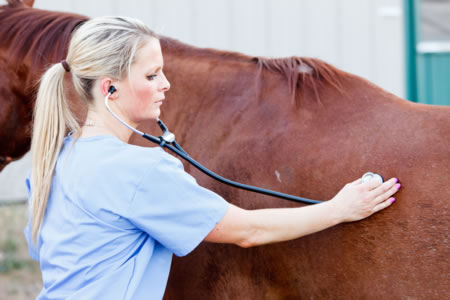 THE PURCHASE PROCESS Warranties You’ve found the horse of your dreams and now it’s time to welcome the horse to your family. The seller may wish to state something about vices or restricted use for which the horse is being sold. Check with an attorney if you are unsure about signing this. Documentation Sellers usually have contracts so be sure to read it carefully. Some breeds of horses have registration papers. If the horse has papers ask who will handle and pay for the transfer. If the horse does not have papers, find out why and be sure it is eligible to be registered. Trial Periods and Leases Your trainer may suggest a trial period. Terms for this should be spelled out in writing so that they are agreeable to seller and buyer. Some sellers will also be willing to lease the horse. Make sure all of the particulars about care of the horse, what you are allowed to do with the horse, training etc. are well spelled out in the lease agreement. Pre-purchase Exam The veterinarian who does the exam is usually not the horse’s vet due to conflict of interest so you will have to arrange for a vet to do the exam. The exam will give you an idea of the horse’s current health and an outlook for what the future will bring. A basic exam will check eyes, heart, lungs, teeth, basic soundness and x-rays if needed. The exam will help to determine if the horse will be able to do what you need and, if there are small issues, does everything else outweigh those issues. After the Purchase Life insurance and health insurance are available for horses and may be something you want to consider. Keep in touch with the seller; they like hearing about the horse and can also answer questions that may come up. Now that you have a horse it’s just the beginning of a wonderful relationship and you will soon find out that you are never finished learning together. Horses provide opportunities to meet people and travel to new places. They teach us perseverance, patience, humility and unconditional love
0 Comments
Leave a Reply. |
EQUINE HERITAGE INSTITUTEJoin us as we explore the history of the horse. We share our love of horses with you! ARCHIVESDriving Horses - Variety is the Spice of Life!
Human History without the Horse...Inconceivable! Horses and Carriages in the Cities The Older Horse Buying a Horse 14 Cool Things You May Not Know About Chariots "Wild" Horses The Horses of Outlander The Invention of the Harness - More Important Than the Automobile?! The Golden Carriage The Knight's Horse |

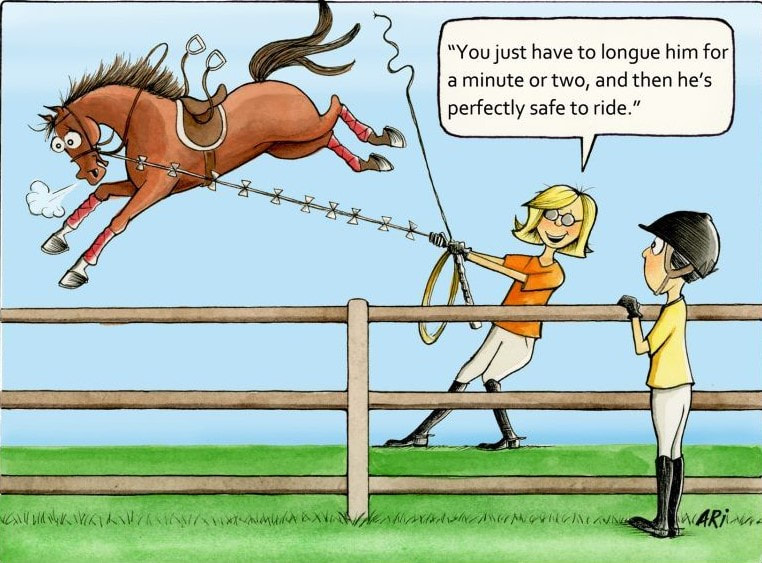
 RSS Feed
RSS Feed
